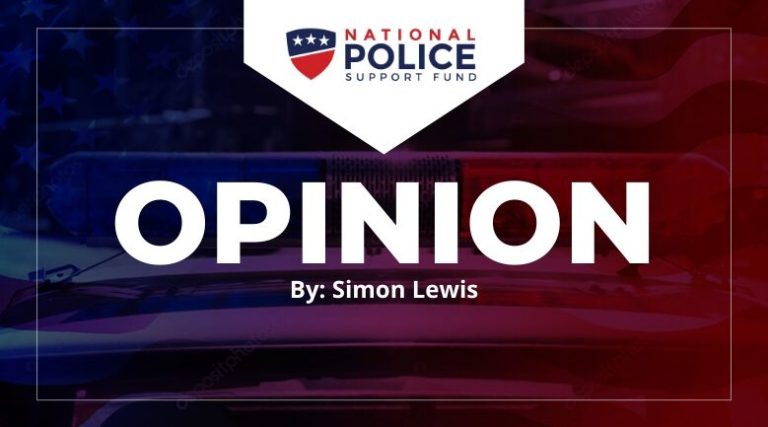States across the country are finding a convenient excuse in the ongoing coronavirus pandemic to push liberal agendas and release prisoners from jails and detention centers without their court-appointed sentences being completed. Democratic strongholds including California, Illinois, and New York have argued that incarceration increases the risk of infection to such an extent that legally-mandated sentences should be ignored, caution thrown to the wind, and criminals released back onto the streets.
Why? This extreme response flies in the face of the rule of law and sets a dangerous precedent.
Chief Justice Debra Stephens of the Washington State Supreme Court cuts to the heart of the issue. During arguments regarding the constitutionality of releasing at-risk prisoners while protecting inmates against a substantial risk of serious harm, Chief Justice Stephens asked what the constitutional grounds for when the judiciary “gets to interfere with the exercise of discretion” by another branch of government, in this case the executive branch during an emergency. Detention facilities must explore other methods, including enforcing social distancing, adjusting meal and class schedules, and even limiting recreational or personal time for inmates before they look to enact blanket release policies.
In Charles County, Maryland, for example detention centers are only 20% to 30% of facilities are full, so this is not an issue of overcrowding. While prisons and jails are obviously amplifiers of infectious disease due to close contact between inmates, this does not seem to reflect the reality of nearly-empty facilities.
There is also the issue of how these releases would be decided. Attorney General Barr, for example, released a plan that would use an algorithm to determine “releasable” inmates. This plan, however, has been decried as biased towards white inmates, according to a Marshall Project report. Who determines the criteria for release? Each state? Each facility?
The Center for Disease Control and Prevention has been unable to provide clear guidelines due to the evolving understanding of the pandemic. What constitutes an “immunicompromised” inmate? How can we ensure decisions are unbiased and are truly made for the good of everyone involved, including law-abiding citizens that are effected by early release?
How do these early release plans address the social impact of releasing thousands of inmates into society without providing reintegration programs. Where will they live? Where will they work?
No one has the answers to these questions, and that’s the problem. We cannot disregard legal determinations and ignore the rule of law. Making rash decision without facts and without comprehensive plans will inevitably lead to an increase of infections and, if released an increase in the risk to the safety of citizens around the nation.
Leaders across the country recognize the tremendous sacrifice that first responders are making and are stepping up to help however they can. Despite budget shortfalls, rising unemployment, and lost income, some elected officials are determined to prioritize the health and well-being of police officers and first responders. Read more here.









